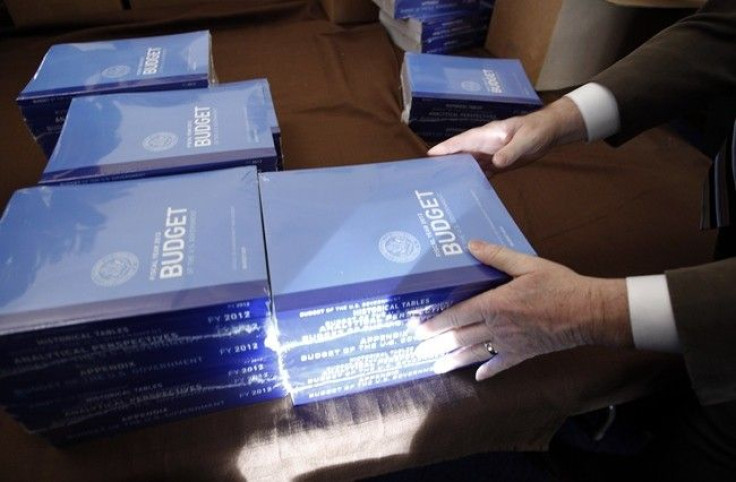Obama pushes 2012 budget as cuts hit education, low income people

Correction appended
President Barack Obama will push his priorities for the 2012 federal fiscal year budget on Monday. Some of the cuts include programs for low income people and education in a budget that will cut the federal deficit by $1.1 trillion over the next 10 years.
The $3.73 trillion spending plan in 2012 will be accompanied by a $1.1 trillion deficit. The 2011 fiscal year is expected to see a $1.65 trillion budget.
The budget includes cuts on community block grants, and government help to help low income people pay heating bills. Office of Management and Budget Director Jacob Lew said Sunday that the interest rate on graduate school federal loans will start building while students are still taking courses. Currently, interest does not start accumulating, until after graduation.
Obama will issue a statement on the budget in a trip to Baltimore, Maryland on Monday where he will be joined by Education Sec. Arne Duncan, and Lew at Parkville Middle and Center of Technology.
While acknowledging the need to reduce the federal deficit, the President has set out a priority for spending government funds to make U.S. businesses more competitive globally and add more jobs the economy.
Obama is not planning on government doing all the lifting through the budget alone to help the economy get going, however. Last week, he called on U.S. businesses to invest in the country - urging them to contact his business council if they had concerns about why they shouldn't, ahead of the group's first meeting later this month.
The federal government has just over $14 trillion in debt. The budget deficit proposed by Obama on Monday exceeds the expectations of the non-partisan Congressional Budget Office which had anticipated a deficit of $1.5 trillion for fiscal 2012.
Meanwhile, Republicans are still seeking to make cuts to what remains in the 2011 fiscal year, a which may be a preview of the type of cutting they'll seek in Obama's 2012 proposal.
While Republican leaders promised to pursue even bigger federal budget cuts last week to the what remains of 2011, an initial proposal last Wednesday shows job training programs, a fund to upgrade federal buildings and the Environmental Protection Agency will see some of the biggest reductions.
Full details of a formal proposal to fund the government until September 30 will be made in a bill set to be introduced at a later date.
Rep. Hal Rogers, R-KY, the head of the House Appropriations Committee said his group would propose $100 billion in cuts for the remainder of the year.
Some Republicans backed by the Tea-Party have proposed cuts to the 2011 budget much larger than the Republican leadership, Sen. Rand Paul, R-KY calling last week for $500 billion in savings.
Correction: An article on February 14, 2011 incorrectly stated that Sen. Rand Paul had propsed $500 billion in federal budget cuts for the remainder of the 2011 fiscal years. He propsed $500 billion in cuts.
© Copyright IBTimes 2024. All rights reserved.











